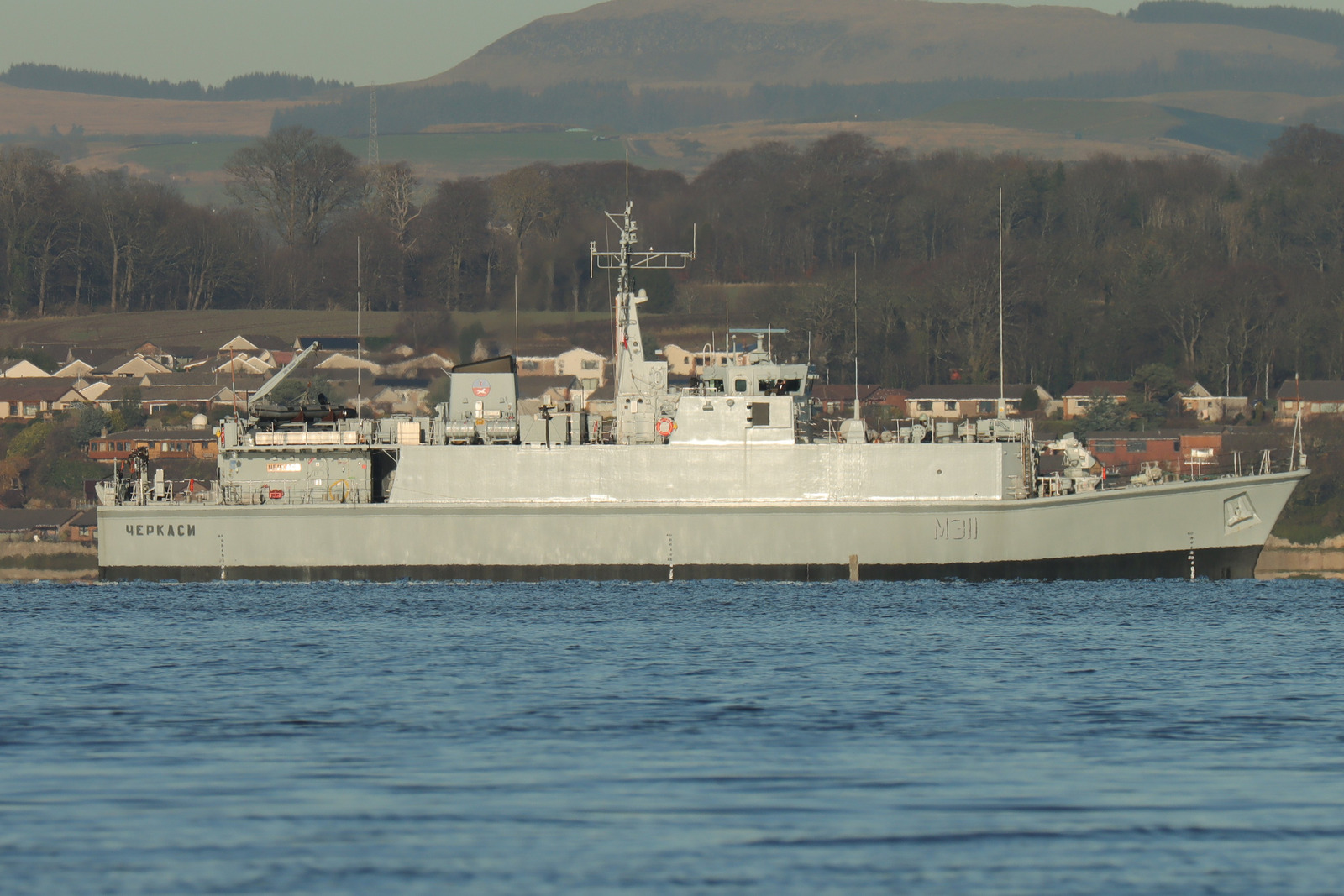The UK Ministry of Defence has contracted Babcock to develop a concept that will enable Ukrainian military forces to produce spare parts in the field using 3D printing technology, Militarnyi reports.
In December 2023, Babcock secured a three-year contract to support and maintain two minehunter ships, Cherkasy and Chernihiv, for the Ukrainian Navy. The company also established Babcock Ukraine and opened an office in Ukraine, where a dedicated team will focus on supporting local clients and partners.
In addition to naval support, Babcock is involved in the repair of British-made ground equipment.
Babcock is cooperating with British company QinetiQ on the 3D printing initiative. Together, they will create digital designs and automated files for printing essential parts.
The project will also incorporate reengineering, which will allow the restoration of older components by analyzing their functionality and structure and enabling their reproduction in digital format upon request.
“We aim to give Ukraine the capability to manufacture the military parts they need, when and where they are needed most. This innovation leverages our engineering expertise and technological capabilities, providing new opportunities to optimize 3D printing,” said the CEO of Babcock’s Land Sector.
In November 2024, Babcock delivered the first batch of 3D-printed spare parts to the British Army. Produced under the TAMPA program, these parts have been deployed for repairing a range of military equipment, including L118 towed howitzers, which require regular maintenance. The program will also produce parts for Challenger 2 main battle tanks and other armored vehicles.
Previosely, Ukraine’s Ministry of Economy launched a Made for Victory grant program, allocating 1 billion hryvnias or about $25 million to support the production of weapons and military equipment components.
Under the co-financing scheme, companies can receive grants covering 50% of equipment purchases, while the manufacturers themselves will finance the remaining 50%. Special conditions apply for businesses in frontline regions and drone manufacturers, who may receive up to 80% coverage.

